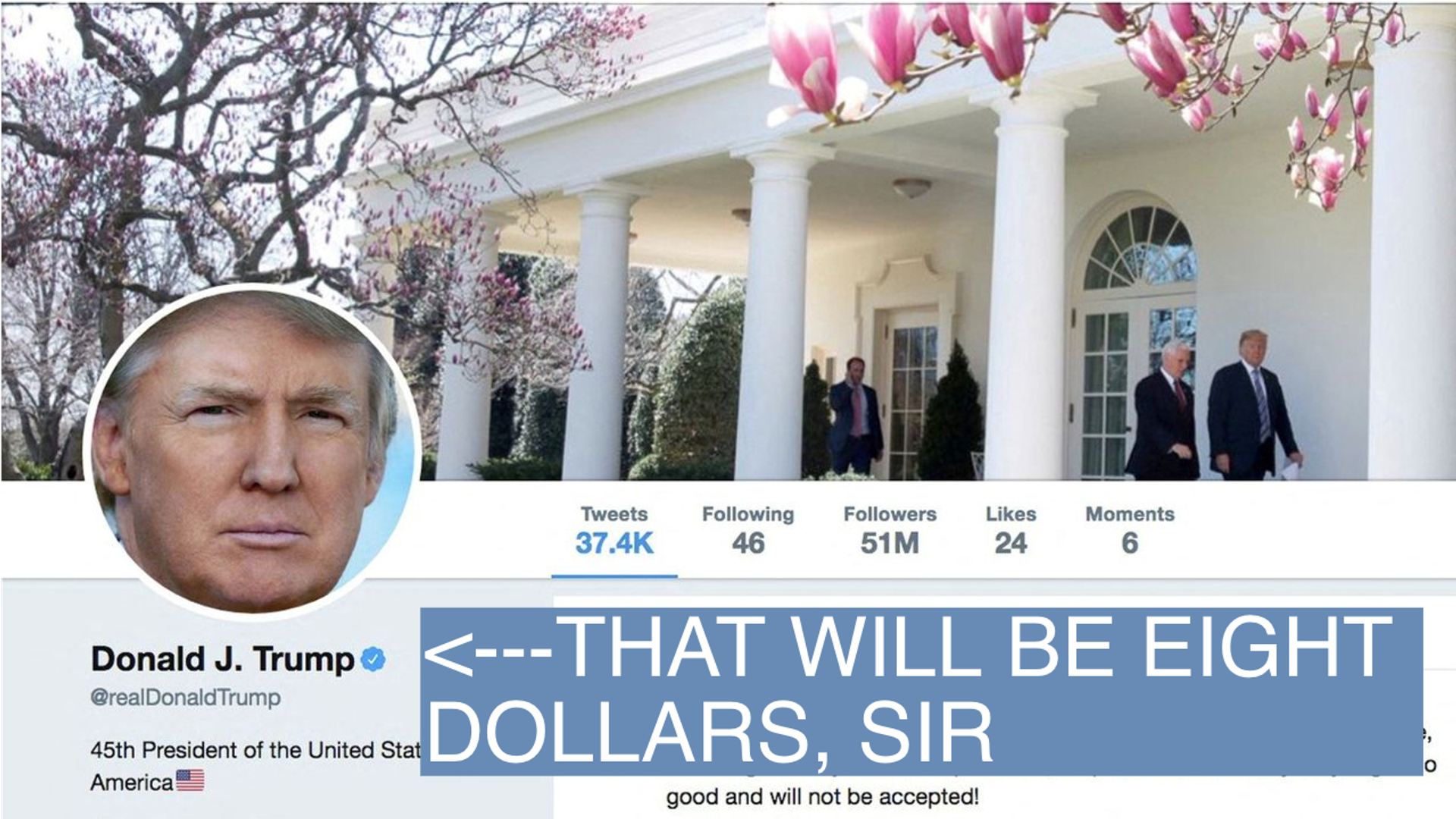The News

Elon Musk welcomed Donald Trump back to Twitter Saturday night — but the former president still faces legal and financial obstacles to returning to the service.
The issues stem from Trump’s role in the competing right-wing platform Truth Social. Trump has repeatedly said he’s happy with his own Truth Social site and won’t return, but given his relationship to both Twitter and the truth it’s done little to dampen speculation that he’d resume his dominant place on the central platform.
Musk’s takeover comes at a sensitive time for Truth Social. Trump has been working on a merger deal between the platform, which is privately owned by Trump Media & Technology Group, and Digital World Acquisition Corp., a special purpose acquisition company (SPAC) that would take Trump’s business public, making it accountable to investors.
Since Trump is a core part of Truth Social’s value, rejoining Twitter could create some potential legal complications, according to Eric Talley, a professor at Columbia Law School who specializes in corporate law.
In particular, if Trump repeatedly signals in public before a merger that he’s never joining Twitter, then closes a SPAC deal and reneges, some shareholders could decide they were misled.
“If it’s going to look, later on, that he never had that intention” of remaining off Twitter “but he just wanted to convince people that they should go ahead and close [the SPAC deal] that’s kind of a textbook securities fraud lawsuit,” Talley said.
If Trump does decide to rejoin Twitter without incident, his deal could affect how he uses the service. An SEC filing by TMTG notes that the former president “is generally obligated to make any social media post on TruthSocial and may not make the same post on another social media site for 6 hours” through at least June 22, 2023. That date is notably the exact same point in the 2016 cycle when Trump declared his presidential run.
But the agreement also offers some leeway as to how Trump operates on other platforms before then, with fairly broad exceptions asserting Trump can use “a personal account” to make posts “related to political messaging, political fundraising or get-out-the-vote efforts on any social media site at any time.”
Depending on how Trump interprets the posting guidelines, shareholders could step in to try to hold him to his SEC claims with a derivative suit if they feel he’s effectively transitioned to Twitter as his primary posting vehicle.
Jill E. Fisch, a professor at the University of Pennsylvania, was less convinced that Trump would face a plausible legal threat if he decided to re-join Twitter.
“The easiest way that I can understand the question is, if you own McDonald’s, can you eat at Burger King?” Fisch said. “Number one, it’s really his personal conduct. It’s not something about the company. Number two, you’d really have to show that there was a predictable material effect from him using Twitter again. And number three, you’d have to show that it was false at the time that he made the statement, and that’s the biggest problem.”
It’s also quite possible the merger won’t happen because of wholly unrelated legal issues: Federal regulators and prosecutors are currently scrutinizing multiple aspects of the deal, the New York Times reports, including whether the two sides had misled investors by not disclosing their negotiations with each other earlier.
In this article:
Shelby’s view
Despite the allure of having a platform largely filled with his backers, it’s hard to imagine that a return to Twitter isn’t enticing for the former president, who was by far its most famous power user for much of a decade. Trump also has a history of resisting attempts by lawyers to manage his behavior, which has helped contribute to the many criminal and civil proceedings now dogging him on a variety of fronts (including the merger itself). It’s easy to see how he could run into conflict with investors over differing interpretations of his commitments to the platform.
Room for Disagreement
Financially, Trump’s media group faces a windfall of cash – around $300 million, according to The New York Times – should the merger successfully wrap up. Its value is intimately tied to Trump’s role on the platform and he would own nearly 80% of the company under the arrangement, so rejoining Twitter could take money out of his own pocket, while providing free value for Musk instead. That’s a strong motivator to stick to Truth Social, even if it makes it harder to reach pundits and primary voters at will.